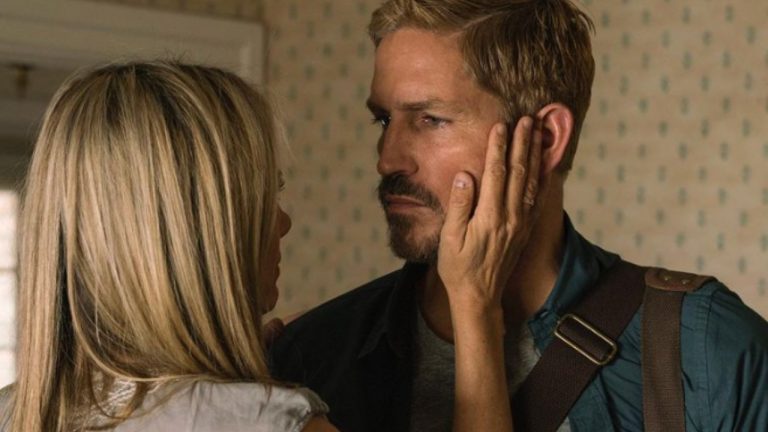
[ad_1]

“God’s Not Dead” tried to teach Christians real apologetics lessons (badly, but still!) of how to push back on teachers and politicians who want to demean them for their faith. Political cause movies like “Unplanned” and “Sound of Freedom” portray real organizations you can volunteer with and donate to — and in some cases, give you the contact info to donate as part of the closing credits.
My dad once told me a story of how he was struggling with really wanting to be a better husband. After watching “Fireproof,” he bought the book “The Love Dare” featured in it (and written for it), which outlined step-by-step instructions on how to be a better spouse. He started putting its principles into practice. He found amazing improvement after that.
Of course, one can agree or disagree with faith-based films’ solutions to the problems they address (I often do). But the fact that they actually make it their concern to give people a practical vision for their real problems is something that Hollywood could (and should) emulate. In many ways, faith-based films see themselves as pastors of the church. They take their responsibility to actually make a practical positive difference in people’s lives very seriously.
2. Glorifying God
Robert Eggers, director of such films as “The Witch” and “The Northman,” recently said something deeply poignant about the tragedy of being a creative in the modern world:
“I think it’s hard to do this kind of creative work in a modern secular society because it becomes all about your ego and yourself. And I am envious — this is the horrible part — I’m envious of medieval craftsmen who are doing the work for God. And that becomes a way to … you get to be creative to celebrate something else. And also, you’re censoring yourself because it’s not about like me, me, me, me, me, me. So you say, ‘Oh, I got to rein that back because that’s not what this altar piece needs to be.’ Any worldview where everything around them is full of meaning is exciting to me, because we live in such a tiresome, lame, commercial culture now.”
The tragedy he talks about is that artists have only two choices – make art for money or make art for self-expression. That’s not true in the faith-based film industry. True, people in the faith-based film industry make art for themselves and for money, but they’re also making art for God.
I’ve been privileged to work with people who have stars in their eyes as they talk about the movies they make and why they make them. The passion, their willingness to work for free, to all pitch in together, because they believe they are making something not just for an audience, not just for self-expression, not just for money, but for God, is something deeply holy and redemptive.
This comes out in the kind of movies that they make, which make God the object of worship in their films. Every movie worships something, because as David Foster Wallace notes, humans all worship something. Romantic comedies worship love, superhero movies worship good people with power and faith-based films worship God. In films such as “Breakthrough,” “I Can Only Imagine,” “Miracles From Heaven,” “On A Wing and A Prayer,” “Church People” and “Redeeming Love” it is God who saves. And we need stories like that, because — as Wallace goes on to remind us — anything we worship other than God will ultimately “eat us alive.”
1. Rapid Innovation
The faith-based film industry as we know it has been around for 20 years with the start of “The Passion of The Christ” and “Facing The Giants.”
Since then, it has rapidly grown from The Kendrick Brothers and Pureflix making badly-acted, cheesy inspirational dramas and political polemics to The Erwin Brothers’ “Kingdom Storybook Company” making decent-quality true-life inspirational dramas.”
[ad_2]
Source link